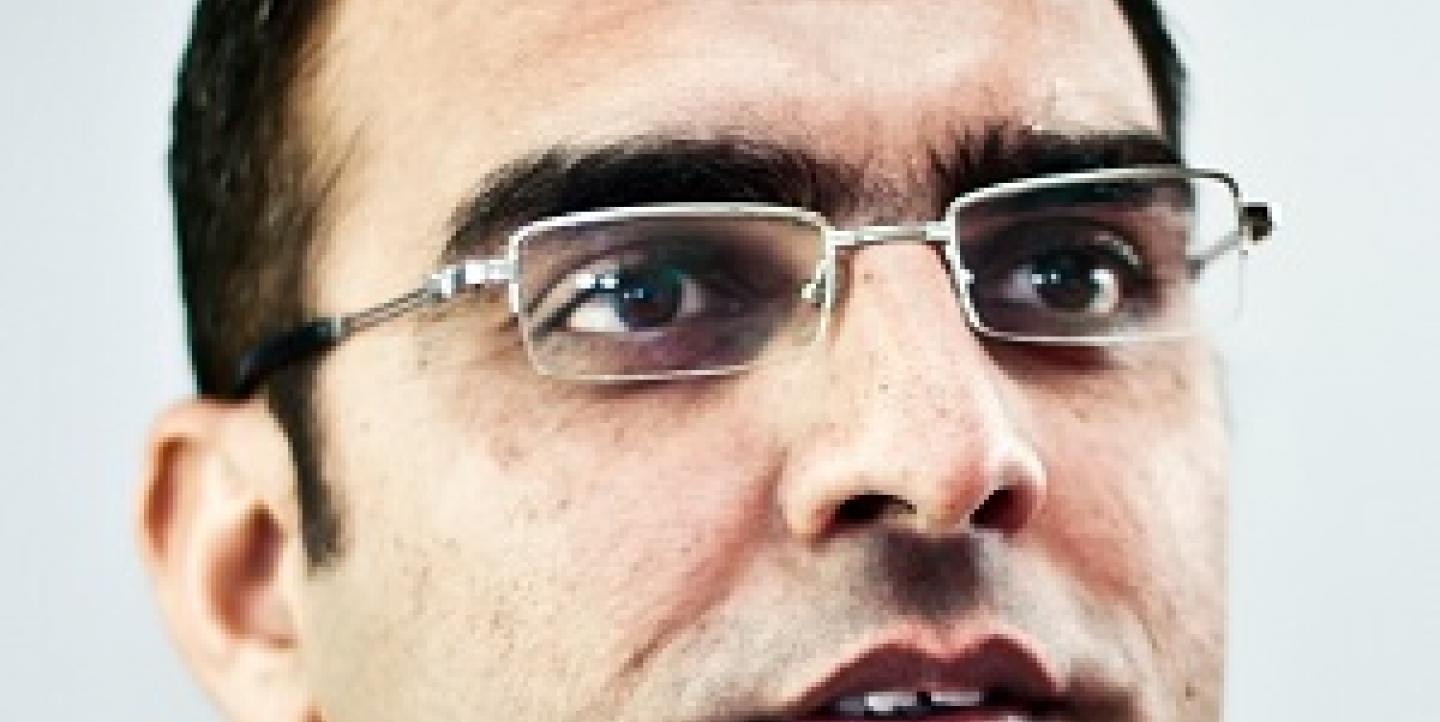Umar Cheema, a special correspondent for English-language daily The News in Pakistan, was kidnapped in 2010 and tortured for writing articles critical of the national government, but this did not silence him. After speaking out about the brutality he had faced, he continued his work as an investigative journalist.
Roman Anin, an investigative reporter with the daily Novaya Gazeta in Russia, continues exposing corruption within his country, despite the fact that four of his colleagues have been murdered during the past decade.
Both reporters say the violence and threats simply point out the critical role investigative journalism plays in exposing the truth and informing the public. “It is important to fulfill this basic duty as a journalist, because obviously it’s important not only to tell the people what is happening,” Cheema said. “It’s even more important to let them know how it is happening, educating the people. You can do this if you do investigations.”
Cheema and Anin will receive 2013 Knight International Journalism Awards at tonight's 2013 International Center for Journalists Awards Dinner in Washington. The award recognizes “excellent reporting that makes a difference in the lives of people around the world.”
Cheema urges other reporters working in hostile environments to persist as he has. “Journalists, including me, face challenges wherever they are working,” he said. “The actors of conflict and hostility change, but the challenges remain.”
He advises reporters to show that their job is to search for facts, not to smear their source’s reputation. “If you are doing stories about the actors that have the capability to damage you, you have to send a message through your reporting that you do not have any personal enmity to them. Second, allow them the opportunity to share their side of the story.”
Anin notes that though corruption in Russia makes journalists’ work difficult, he sees a growing number of reporters willing to take on the challenge.
“When I meet students at different universities,” Anin said, “I see more and more people are willing to become investigative reporters. That was not so a couple of years ago, so it means that they are getting more involved in the life of the country and aim to start changing things.”
He advises these students to focus on finding the truth. “Every reporter should remember that he’s working not for the editor, not for the owner,” Anin said. “He’s working for the readers.”
Read more about the Knight International Journalism Awards and Anin and Cheema’s work.
Lyndsey Wajert is a program officer at the International Center for Journalists, IJNet's parent organization.
Photo of Umar Cheema, courtesy of ICFJ.

